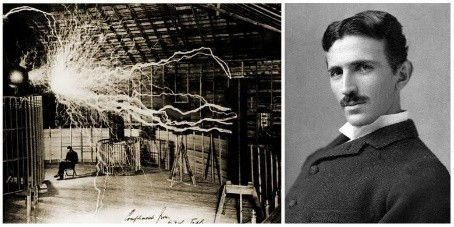Alfred Drake: Class Act
- Tom Dupree
- Apr 10, 2020
- 3 min read
Updated: Dec 24, 2020

By RAY WEMMLINGER
In 1983, my first year at The Players as Assistant Librarian, we had a book sale for members and their guests, held in the rear of the Dining Room. A folding wall still exists two-thirds of the way back that can separate the room into two distinct smaller ones; in those days the room was divided more often than not. So, the rear room was where we set up the book sale, similar to the one we did a few years ago in the second-floor library, selling duplicates and out-of-scope items.
Interest in the library was strong. Members seemed very proud of it, and the sale was well attended for the week we ran it. There was an accompanying evening event, where members could bring in a book from home and Player Lee Ash, head of the Library Committee and one of the most important American librarians of his day, gave an appraisal, and explained how he'd arrived at it. It was my job to sit in the room and supervise the sale. One afternoon club President Emeritus Alfred Drake came in and introduced himself. Alfred Drake! I was thrilled. During my freshman year, my college theater professor had talked in depth about how brilliant it had been for John Gielgud to cast Drake as Claudius in Richard Burton's Hamlet, bringing a new suave elegance to the role which made the play's backstory credible. And I well knew he was one of the leading stars of musical theatre, hailed for his performances in Oklahoma! and Kiss Me, Kate. Right outside in the Great Hall was the stunning Kinstler portrait of him in Kismet. He was theatrical royalty. I was delighted that he took the time to introduce himself, and impressed by the great interest he showed as he pored over the books we were offering for sale. But something else occurred about half an hour later that told me a great deal more about Alfred Drake. Another member came in -- I never learned his name -- with a fellow who'd been his guest at lunch, whom he brought over to introduce to Alfred. The guest was clearly as impressed as I'd been with the legendary star, who responded with absolute graciousness. Very nice, I thought, sitting quietly a few feet away. It must be nice to be acknowledged. But then it happened. The guest launched into a long-winded story of how he had years before been at a Drake performance, sitting in the front row, and had caused some commotion by putting his feet somewhere they didn't belong. He cheerfully described the whole silly incident -- of absolutely no interest to anyone but himself -- as his host stood with a fixed smile on his face. Then, finishing, the guest excitedly asked if Alfred remembered it. Did he remember it? Of course not! And how foolish the fellow had been not just to tell him the story in the first place, but to finish off with such a question! I sat a few feet away, mesmerized, wondering how Alfred Drake would respond to such silly nonsense. What I saw then was the kindest, loveliest response one could imagine. Alfred smiled and replied that although he didn't remember the incident, he was delighted to have been told the story. How kind of the man to mention it. All of this was said with the utmost sincerity; possibly a performance, but I had the feeling it was genuine. The member and his guest departed, beaming; Alfred Drake had added a special touch of magic to their visit to The Players. He had also shown a 27-year-old assistant librarian the true meaning of the word "class."

Ray Wemmlinger has worked at The Hampden-Booth Theatre Library, then The Players Foundation, since 1983. His YA novel Booth's Daughter was published by Calkins Creek in 2007, and as an ebook in 2015.



Comments